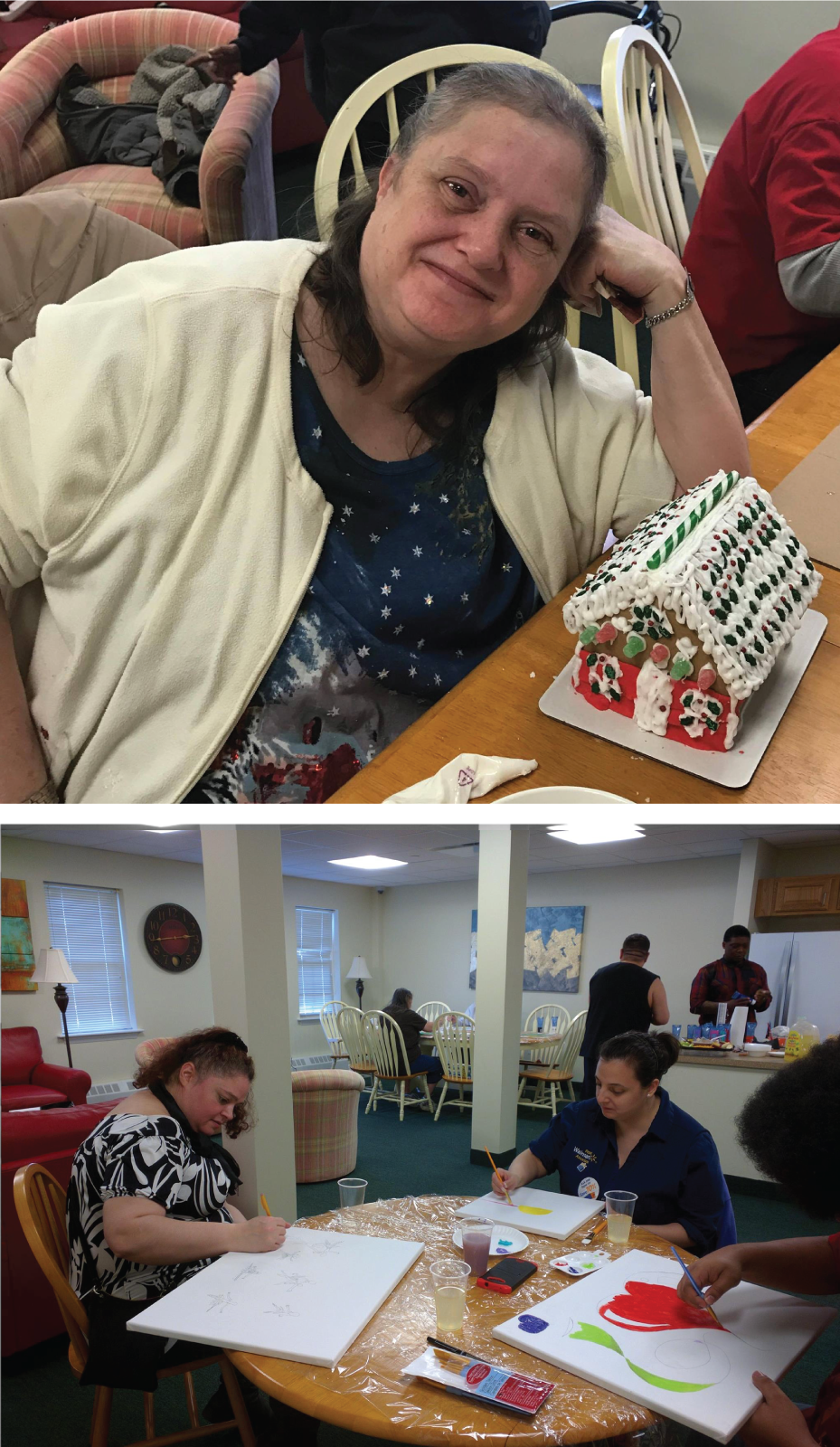
Our Approach
Our founders not only believed—they knew—that people with developmental disabilities shouldn’t be isolated and hidden in large, state-run hospitals. Starting in the 1960s, MHA’s groundbreaking efforts to transition people away from institutional living to a life in our community became a model for the deinstitutionalization movement. Today, our creative thinking continues to drive compassionate care and innovative approaches to serving those challenged by mental health, developmental disabilities, substance use, homelessness, acquired brain injury and more.
Working from strength-based models, MHA partners with those we serve to help them lead meaningful and productive lives. For many, MHA is their family—the rock and glue in their life.
In our group homes, health, safety and emotional wellness are woven into the daily cycles of life. In the community, each participant is supported to lead the life they choose. Some have jobs or volunteer. Others engage in day programs, their church or recreation. Some go to school. Hobbies are plentiful and supported. We have a day program called The Resource Center that helps members overcome barriers through natural, sustainable community supports and life-stage appropriate accommodations in relevant parts of their lives. By designing services and interventions individually, we seek to honor pre-injury lifestyle, culture, family and environment.
MHA’s approach has always emphasized what people want, what they can do and how they feel. It’s their life—we’re just helping them live it well.
“When Mom moved to an MHA residence, I could trust that she was being taken care of, like I would do. I could take a breath…and feel more like a daughter again.”
Community Residences
These are permanent homes for our participants and each house reflects the preferences and personalities of the people who live there. Staff provides support with skills of daily living to increase independence and build on individual strengths. The promotion of wellness and attention to medical needs are also integral components of our programs. We provide support and opportunities for people to enjoy everyday community experiences and pursue interests and activities guided by personal choice.
Emergency Respite
This program is designed to offer temporary residential support to individuals who are experiencing a difficult transition in their personal lives, such as the loss of a primary caretaker, leaving an abusive relationship or homelessness. Assessment and stabilization are the focus of the supports provided.
Supported Living
This is a community outreach model supporting individuals who live independently. Support staff engages with participants in their homes and community settings. Support hours are typically during the day and early evening, focusing on activities of daily living and increasing independence. An afterhours response team is available to individuals in the supported housing models.
Shared Living
This program offers individualized and personalized supports within a family home. Participants engage in community life, exercise choice and build new skills while benefitting from the support of a family setting.
Private Contracts
In 2002 MHA began designing specialized services for individuals who have private financial resources and are not eligible for traditional state-funded developmental disabilities services. MHA creates a support plan to respond to an individual’s unmet needs. These needs may include medical support, independent living skills, social and community interactions, entitlements, and money management. The number of support hours varies from person to person. Most individuals benefit from ongoing weekly services.
Brain Injuries
In 1999 MHA established a 24-hour residential program for two individuals with brain injuries who require a highly supervised and structured setting. This program is funded by the Massachusetts Rehabilitation Commission (MRC).
In 2015 we opened a DDS funded program for people with brain injuries who had been residing in long term care facilities. We opened a second program for this population in 2016.




